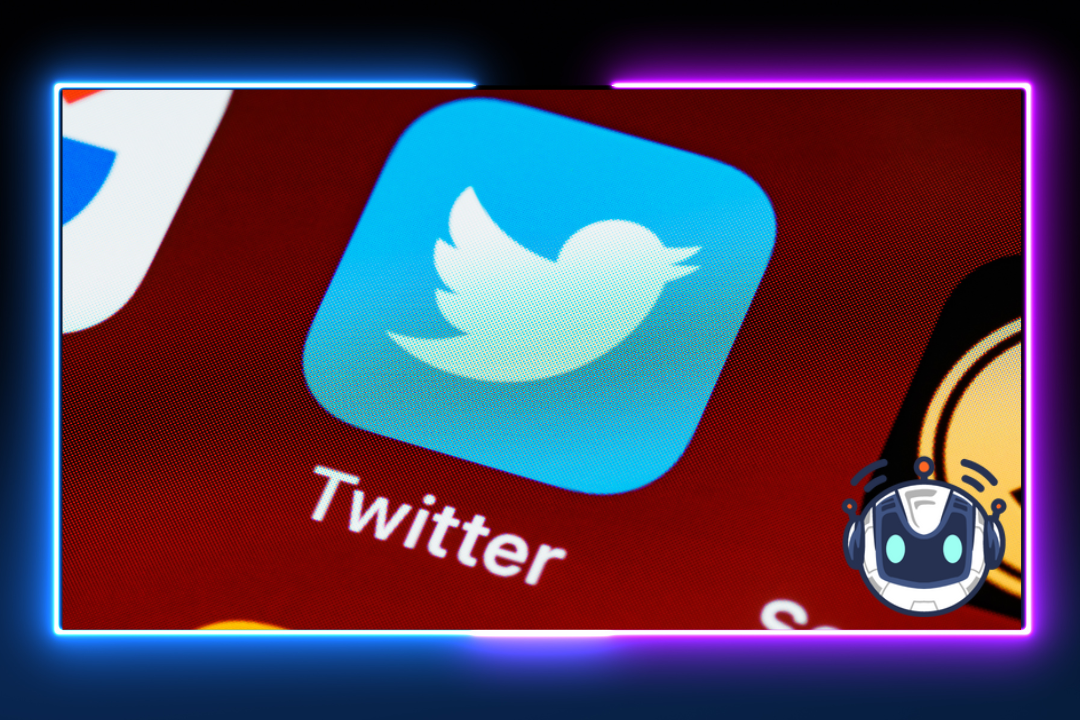Twitter Has Suspended Accounts of Multiple Tech Journalists Without An Explanation
If you’re in the tech journalism community, you’ve probably heard about the latest news regarding Twitter – it’s been suspended accounts of multiple tech journalists without explanation. This could be the biggest red flag yet for advertisers, and the latest escalation in the company’s ongoing fight with the press over its platform.
Musk’s tweets are getting worse
Elon Musk, CEO of Tesla and SpaceX, has been the subject of much controversy over the past several months. His Twitter account has been a major focus of attention and criticism. While some people see him as an innovator and a genius, others are concerned that he is using his platform for evil.
The billionaire’s tweets have gotten him in trouble with the government several times. He’s been accused of tweeting false information about his own company and was recently fined by the Securities and Exchange Commission for his behavior.
In addition to causing public outrage, Musk’s tweets have landed him in hot water with Twitter’s own management. The former head of trust and safety, Yoel Roth, told CNBC that it’s time to put a stop to Musk’s misinformation.
In response, the social network has taken a team approach. They’ve reportedly removed the most egregious tweets and are working to implement new policies. It’s too early to tell how this will impact Twitter’s advertising business. But the company has already seen a decline in business.
In a letter, more than 40 civil society organizations urged Twitter to drop advertising if the billionaire begins to reduce content moderation. The organizations called on top advertisers to stop advertising if Musk doesn’t take action.
Reporters suspended for sharing Musk’s “exact real-time location”
Elon Musk, who took over Twitter last October, suspended a number of journalists’ accounts. Most of them covered the dispute between Musk and @ElonJet, an account that tracked the real-time movements of Musk’s private jet.
The Washington Post, The New York Times, Voice of America, Mashable, and Buzzfeed were among the news outlets that were affected. The New York Times said the suspensions were unfortunate and asked for an explanation from Twitter.
While the suspensions were ostensibly tied to reports of the @ElonJet account, some journalists were still allowed to use their accounts. Others were fired or left the platform. The Journalists’ Committee to Protect Journalists called the suspensions “questionable”, saying they could be retaliation for their work.
Some of the reporters fired or suspended included Aaron Rupar, an independent journalist, and Drew Harwell, a technology reporter at the Washington Post. The New York Times’ Ryan Mac was also suspended, as were several tech reporters.
Elon Musk reinstated the accounts of some reporters who had been banned from Twitter in the past. However, he removed a group of critics of his policies. He also restored accounts associated with the QAnon movement and other far-right groups.
Elon Musk’s tweet about his private jet’s location is not the first time he’s used such a tactic. He has used it on multiple occasions to share his personal information and other data.
Musk’s tweets may be biggest red flag yet for advertisers
Twitter CEO Parag Agrawal has appeared to respond to Elon Musk’s tweet, in which the Twitter chief proposed “a content moderation council” aimed at combatting fake news, while offering amnesty to the countless accounts that have been suspended for violating the company’s rules. But this may be the biggest red flag yet for advertisers.
The tweet is part of a series of messages that may have been the earliest indication that Musk was moving to revamp Twitter’s culture. According to reports, the CEO is spending a week at the social network’s headquarters in San Francisco. He is also a major investor in the company, paying more than $44 billion in cash for a 9.2% stake.
Earlier this year, the CEO suggested that he could take the social network private for $54 per share. But the plan has been put on hold. It is unclear whether it will go through. The latest development is that he wants to boost the share of revenue from users, placing the social network on a collision course with Apple.
Musk has made clear that he plans to revamp the service in order to create a better user experience and generate more revenue. But he hasn’t provided details on how he would do that. That’s left the future of Twitter uncertain. And the company’s top executives are under pressure to show the company’s performance in the face of Musk’s aggressive moves.


